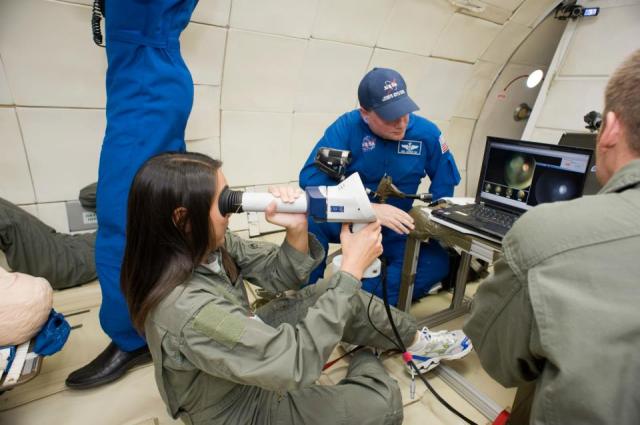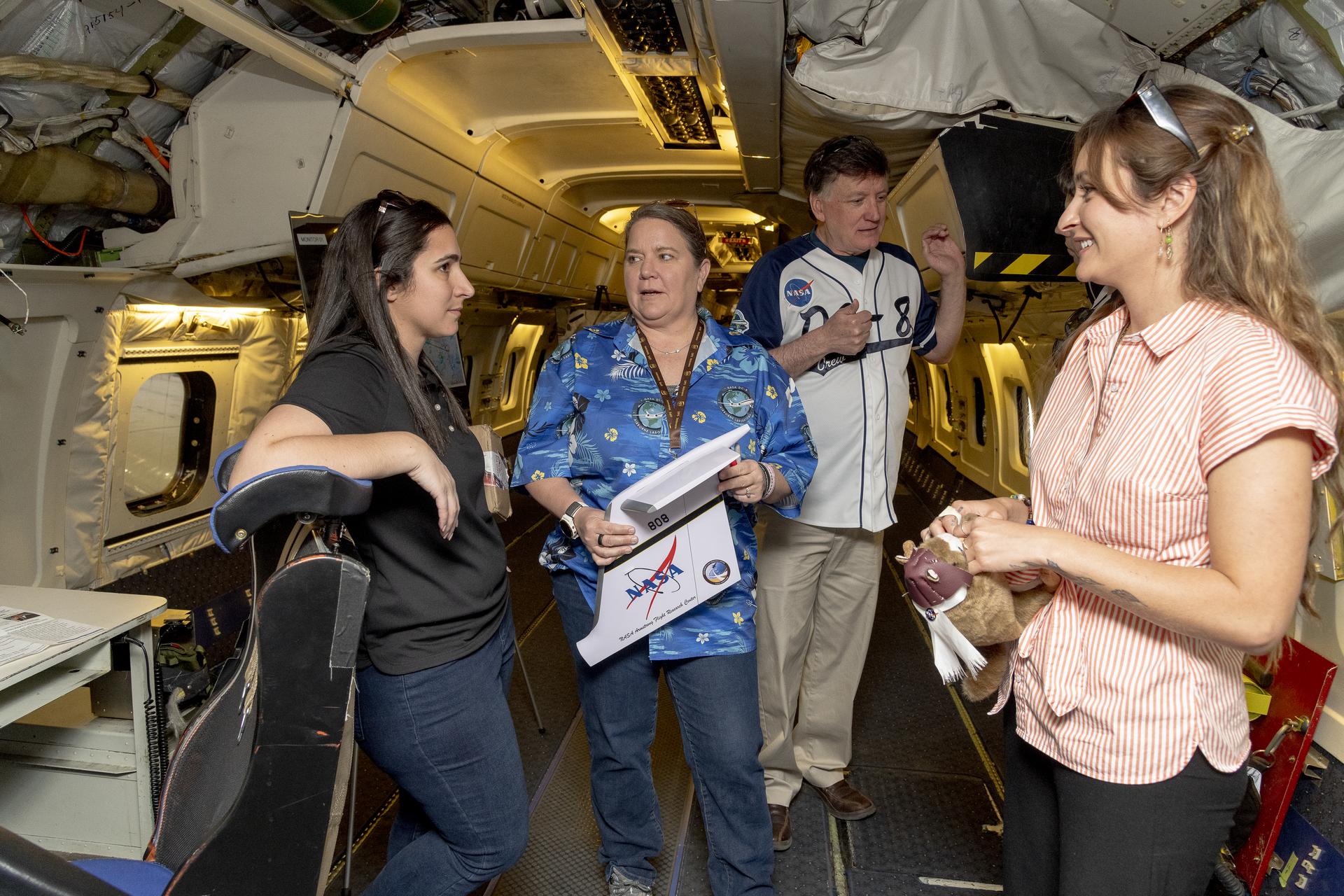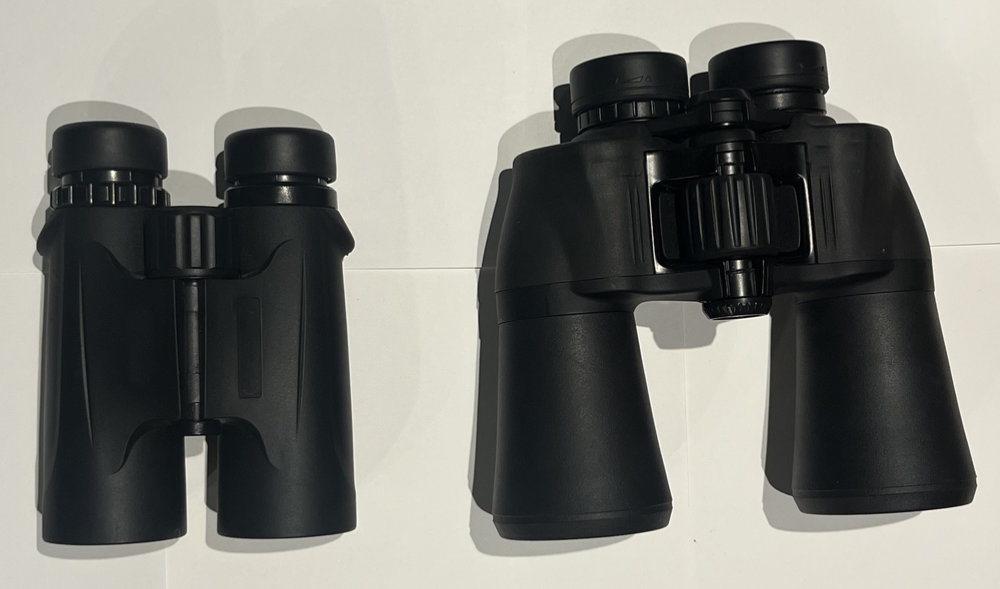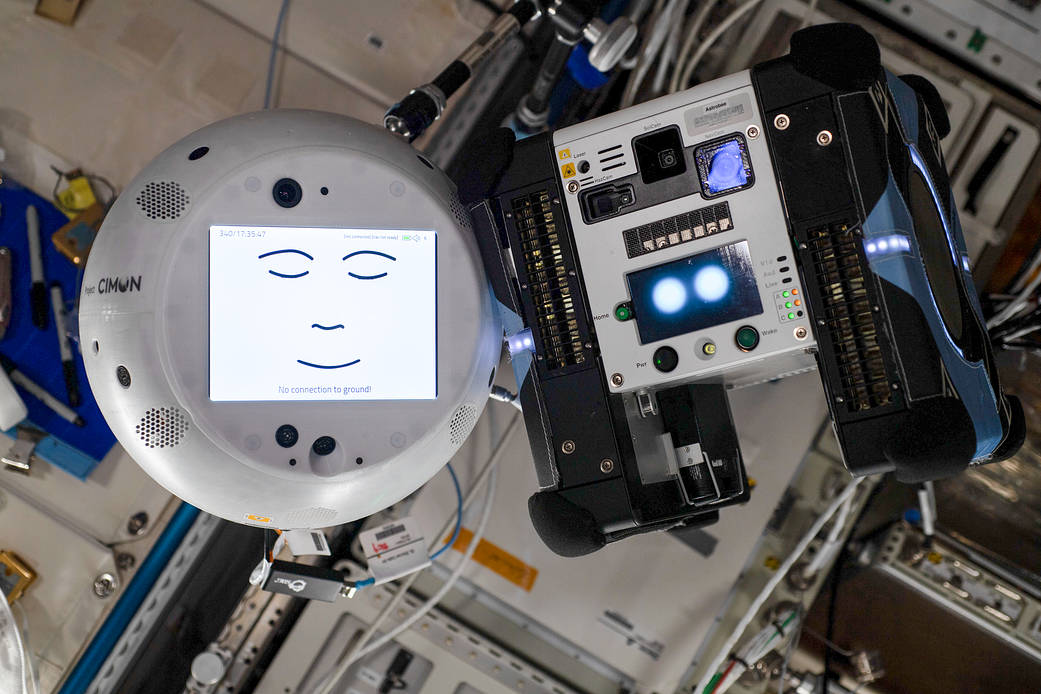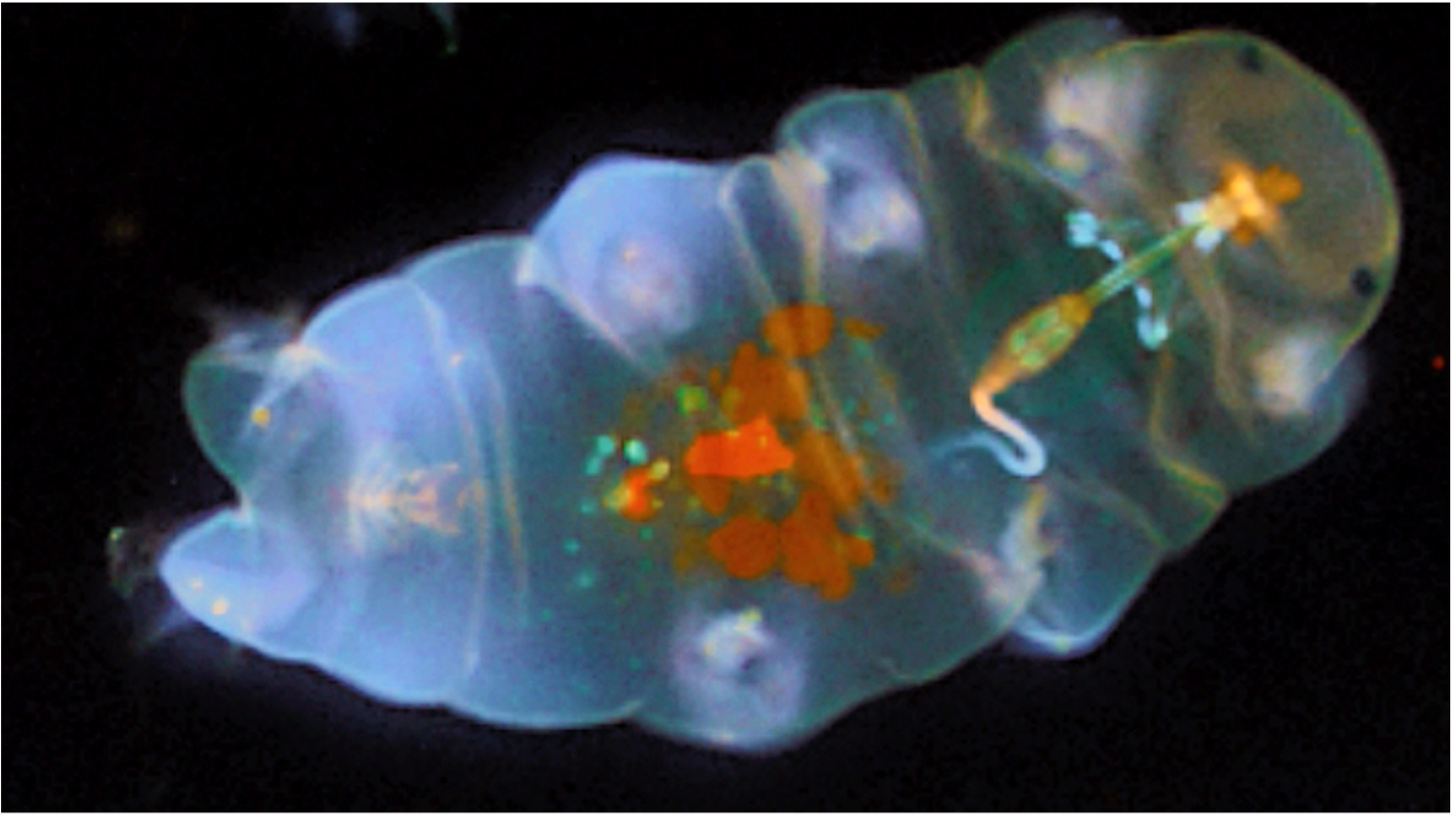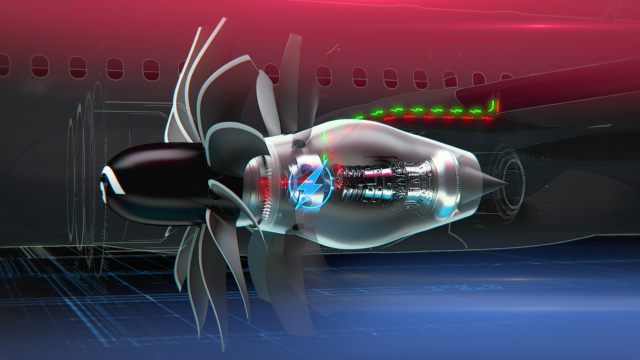*** THIS CONTENT IS FOR EMPLOYEES ONLY ***
Occupational Medical
Program Manager: Marla Giscombe
Greenbelt Health Unit
Health Unit Staff
Dr. Sheryl Ashton-Jones (Medical Director), Kathryn Paolucci (Nurse Manager), Adrian Crowe (Nurse Practitioner), and Sharon Wester (Receptionist)
Health Unit Information
Hours of Operation: 8:00 am to 4:30 pm (closed 12 pm to 1 pm for lunch/training).
Call for appointments and questions at 301-286-6666.
The Health Unit is open to ALL for emergency triage. Health and wellness services are available for all Civil Servants (occupational medical examinations/medical surveillance and walk-in emergency injuries and illnesses).
Wallops Health Unit
Health Unit Staff
Dr. Marc Gaines (Medical Director), Dr. Glenn Wolffe (Physician), Michelle Bradford, RN (Registered Nurse), Larri Ann Gentry (Receptionist)
Mission Health
This is OCHMO’s initiative to support all NASA Centers’ health promotion, wellness, and safety efforts (e.g., events, speakers, activities) using an Agency-wide approach, promoting availability to the entire workforce.
With the integration of Health Promotion, Wellness, Physical Fitness, Mental Health, and Safety we will support the workforce for both in-person and virtual working environments in-line with NIOSH’s “Total Worker Health” objectives. Aligning the dynamic landscape of change to positively impact overall whole-person health and wellness will uphold Agency program sustainability, impact, and growth.
For more information visit: https://nasa.sharepoint.com/sites/health4life/ (internal).
What’s New
“Bee” prepared for bee and wasp stings
Summer’s the season for gardening, playing outside, backyard picnics and enjoying the outdoors. It’s also the season of stinging insects, such as honeybees and wasps. According to the American College of Allergy, Asthma and Immunology, about 5% of people are allergic to stinging insects.
Reactions to stings
Reactions to stings from honeybees and wasps’ range in severity from minor to potentially fatal. In most cases, stings only are annoying, and cause a brief, sharp pain, along with slight swelling and redness. Only home treatment is needed to ease the pain.
If you’re allergic to insect venom, a more severe reaction, called anaphylaxis, can occur. This requires emergency medical attention.
Here’s what happens when you’re stung and have an allergic reaction: Your immune system reacts to the venom injected by the insect, and triggers your body’s release of histamine and other chemicals. This response can cause severe reactions in some cases, such as:
- Difficulty breathing
- Dizziness and nausea
- Itching and hives throughout the body
- Swelling of the throat and tongue
- Stomach cramps and diarrhea
- Rapid fall in blood pressure, resulting in shock and, possibly, death
If you or someone you’re with experiences any of these symptoms, you should immediately seek emergency medical care.
Treating stings
After any sting, remove the stinger as soon as possible. Use your fingernails or tweezers to scrape away the stinger. Don’t squeeze the stinger or venom sac, which can cause more venom to be pushed into the sting area. Once the stinger is removed, wash the area with soap and water.
If you notice a minor to moderate reaction, such as redness, warmth or swelling around the sting, apply a cold compress and take an over-the-counter oral antihistamine. You also may want to apply hydrocortisone cream or calamine lotion to the area to ease symptoms.
Call 911 if you have a more severe reaction to a single sting or multiple stings, even if it’s just one or two of the serious symptoms listed above.
Preventing stings
These tips can reduce your risk of getting stung by honeybees and wasps:
- Take care when drinking sweet beverages outside. Use cups with lids or water bottles with straws. Inspect cans and straws before drinking from them.
- Tightly cover food containers and trash cans.
- Clean up dirty dishes and remove food when you’re done eating so they don’t attract stinging insects.
- Wear closed-toe shoes when walking outside.
- Avoid wearing floral-scented perfume and lotions, as well as bright colors or floral prints, which can attract stinging insects.
- Be careful when mowing the lawn or trimming vegetation, which might disturb a beehive or wasp nest. If you come across a nest or hive, leave it alone.
- Have hives and nests near your home removed by a professional.
- If a few bees are flying around you, stay calm and slowly walk away. Swatting at an insect may cause it to sting.
- If you are stung or if many insects start to fly around, cover your mouth and nose and quickly leave the area. If you can, get into a building or closed vehicle. When a honeybee stings, it releases a chemical that attracts other bees.
If you’ve experienced an allergic reaction to a honeybee or wasp sting, talk with your primary care provider or an allergy specialist about prevention and treatment options. This could include being prescribed emergency medication, such as an epinephrine auto-injector, to use if stung.
Allergy shots may be recommended as a long-term solution. Venom immunotherapy has been found to be 95% effective in preventing future allergic reactions to stinging insects. It increases your tolerance to venom by injecting a small, increasing amount of venom weekly. Over time, your body stops perceiving the venom as a threat and reduces or eliminates your allergic response to it.
Be prepared to prevent and treat honeybee and wasp stings as you enjoy outdoor summer activities.
NASA Employee Foreign Travel Emergency Medical Support
NASA provides medical and emergency evacuation support to NASA civil servant employees traveling on official government business outside the continental United States (OCONUS). Global Rescue LLC is the Agency-level provider for this support. Please visit https://nasa.sharepoint.com/sites/ochmo-foreigntravel (internal) for detailed information
Health Topics
Explore health topics covering a wide range of issues.





